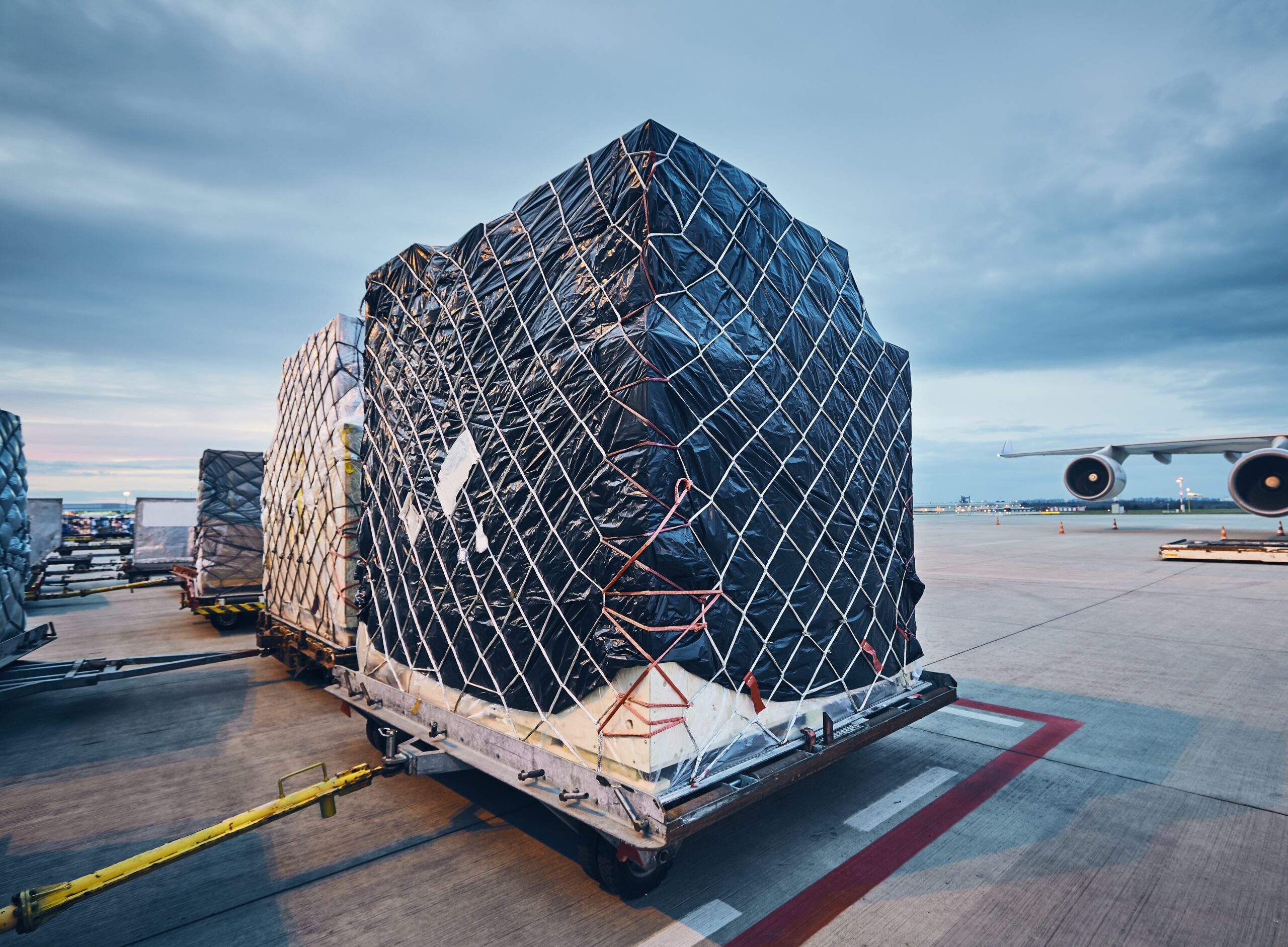
Delta Air Lines, United Airlines Holdings and Ryanair Leads Top 10 World’s Largest Airline Groups Ranked by Market Capitalization
The airline industry is dominated by a few major players, with the largest airline groups commanding significant market value.
These companies, ranked by market capitalization, reflect the industry’s financial strength, global reach, and passenger demand.
According to simpleflying.com, The global commercial airline industry is a critical component of modern transportation, connecting people and businesses across continents. With market capitalizations reflecting their financial strength and industry influence, the world’s top airlines operate under vastly different models, from full-service premium carriers to ultra-low-cost airlines. Factors such as fleet size, route networks, customer experience, and operational efficiency determine their success.
Companies Market Cap lists 71 publicly traded companies in the commercial aviation sector with a total market cap of $393.79 billion. Let’s examine the top 10 airlines by market capitalization, highlighting their strategies, strengths, and positioning within the competitive aviation landscape.
Turkish Airlines
($12.28 billion market cap)
Turkish Airlines has rapidly expanded its global presence, leveraging its strategic hub in Istanbul to connect passengers between Europe, Asia, and Africa. Known for its extensive route network and high-quality service, the airline has positioned itself as a global leader in aviation.
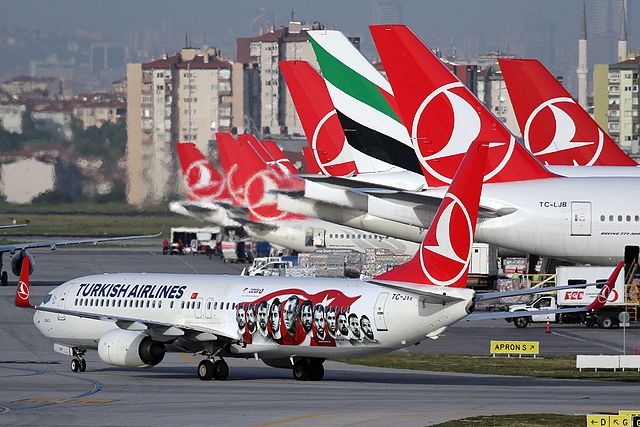
It operates one of the most diverse fleets in the world, including Boeing and Airbus aircraft, and offers premium services like its award-winning business class. Turkish Airlines has emerged as a strong competitor in international travel.
China Southern Airlines
($12.56 billion market cap)
China Southern Airlines is China’s largest airline by fleet size and passenger volume. Based in Guangzhou, it operates an extensive domestic and international network. The airline was previously a member of SkyTeam, having left in 2020, but has since focused on independent growth and partnerships. China Southern is heavily investing in fleet expansion, with a strong focus on international routes.
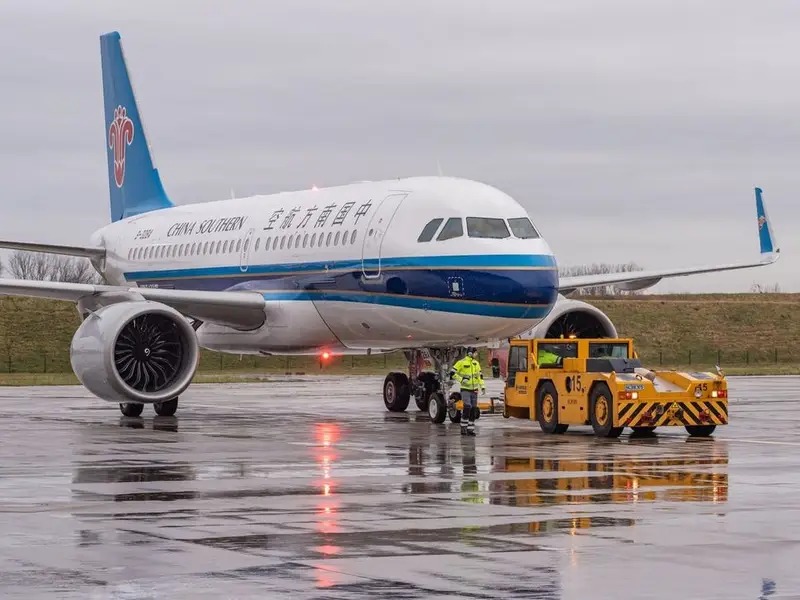
ccording to China Southern Airlines, some of its most popular destinations include the likes of:
Beijing.
Chengdu.
Sydney.
Los Angeles.
London.
Paris.
Moscow.
Seoul.
Singapore.
Dubai.
Cairo.
Singapore Airlines
($14.29 billion market cap)
Singapore Airlines is consistently ranked among the world’s best airlines due to its exceptional service, premium cabin offerings, and operational excellence. Headquartered in Singapore, the airline is a global leader in long-haul travel, connecting Asia with Europe, North America, and Australia.
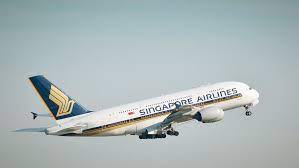
Singapore Airlines operates a modern fleet, including Airbus A350-900 s and Boeing 787-10 s, prioritizing fuel efficiency and passenger comfort. The airline’s loyalty program, KrisFlyer, and its subsidiary Scoot , a budget airline, contribute to its diversified revenue streams. With continued investments in technology, sustainability, and fleet enhancements, Singapore Airlines remains a benchmark for luxury air travel.
Air China
($16.61 billion market cap)
Air China , the flag carrier of China, is one of the Asian country’s largest airlines. Headquartered in Beijing, the airline operates extensive domestic and international networks, with key routes connecting China to North America, Europe, and Asia. As a member of the Star Alliance, Air China benefits from global connectivity and partnerships. The airline has strong government backing, which provides financial stability but also subjects it to regulatory oversight.
Air China’s fleet consists of a mix of Airbus, Boeing, and COMAC aircraft, with ongoing fleet modernization efforts. The airline is expanding its long-haul operations while enhancing premium offerings to attract business travelers. Despite geopolitical and economic challenges, Air China remains a dominant force in the Chinese aviation industry.
Southwest Airlines
($17.94 billion market cap)
Southwest Airlines , known for its customer-friendly policies and low-cost model, is one of the most successful airlines in the US Based in Dallas, Southwest pioneered the low-cost carrier (LCC) model, emphasizing point-to-point routes, quick turnarounds, and operational efficiency.
Unlike many competitors, Southwest offers free checked bags and maintains a no-change-fee policy, attracting a loyal customer base. The airline exclusively operates Boeing 737 aircraft, streamlining maintenance and training costs.
Southwest has weathered economic downturns better than many rivals due to its strong balance sheet and fuel-hedging strategies. While it faces challenges from rising costs and increased competition, Southwest remains a powerhouse in the US aviation market, known for its customer service, operational reliability, and efficient cost management.
InterGlobe Aviation
($19.32 billion market cap)
InterGlobe Aviation is the parent company of IndiGo , India’s largest airline by market share. Based in Gurgaon, IndiGo has revolutionized air travel in India with its low-cost, no-frills model. Operating primarily the Airbus A320 and Airbus A321 aircraft, IndiGo focuses on operational efficiency, punctuality, and cost discipline. The airline dominates India’s domestic market while expanding its international footprint, particularly in the Middle East and Southeast Asia.
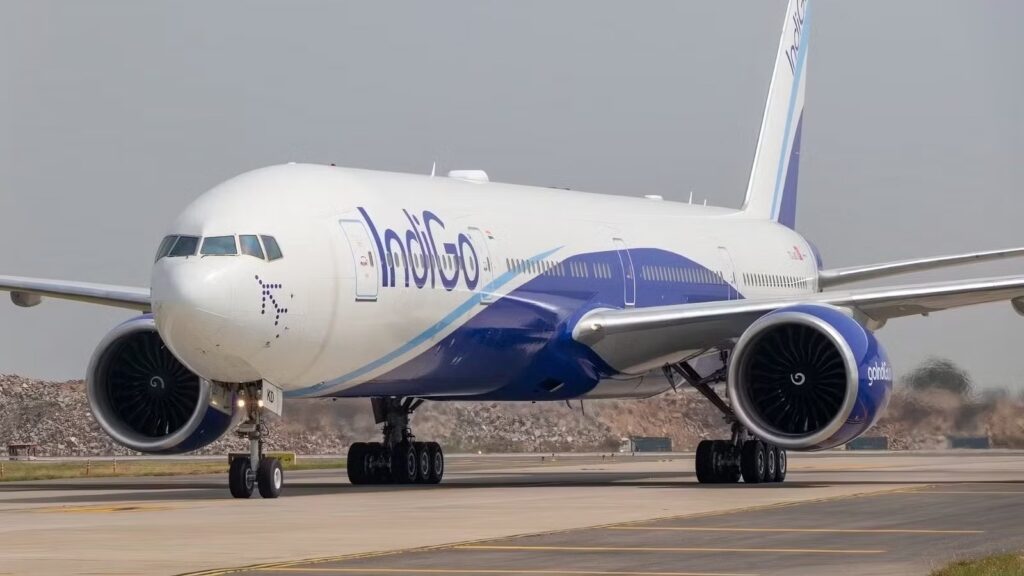
IndiGo Airlines Routes
Domestic
75+ routes within India
International
30+ destinations
Popular locations – Mumbai, Delhi, Riyadh, Bali, Dubai *Connecting flights used with codeshare agreements (e.g KLM, British Airways)
IndiGo has consistently posted strong financial results, benefiting from India’s rapidly growing aviation sector and increasing air travel demand. The airline’s order book for new aircraft is among the largest globally, ensuring continued fleet expansion.
IndiGo’s customer-friendly approach, combined with its low-cost structure, has positioned it as one of the most successful airlines in Asia. As India’s aviation industry grows, InterGlobe Aviation is well-placed to capitalize on rising demand, further solidifying its dominance in the region.
International Consolidated Airlines Group
($20.49 billion market cap)
The International Consolidated Airlines Group ( IAG ) is the parent company of British Airways , Iberia , and Aer Lingus . Based in London, IAG is one of the world’s largest airline groups, offering a mix of full-service and low-cost operations.
British Airways, its flagship carrier, is a premium international airline with a strong presence on transatlantic routes, while Iberia focuses on the Spanish and Latin American markets. Other airlines, such as Vueling and LEVEL, cater to budget-conscious travelers.
IAG has successfully implemented a diversified strategy, leveraging synergies between its airlines while maintaining strong brand identities. IAG is also investing heavily in fleet modernization and sustainability initiatives, including SAF and carbon reduction programs. With its strategic network, premium offerings, and strong financial recovery, IAG remains a key player in the competitive global airline industry.
Ryanair
($24.32 billion market cap)
Ryanair , Europe’s largest low-cost airline, has built its success on an ultra-efficient business model centered around affordability and high aircraft utilization. Headquartered in Dublin, Ireland, Ryanair serves over 230 destinations across Europe, North Africa, and the Middle East.
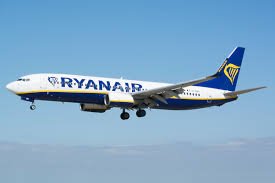
The airline’s low-cost strategy involves operating a single aircraft type (the Boeing 737 ), maximizing efficiency and reducing maintenance costs (although partner carrier Lauda Europe flies the Airbus A320). Ryanair’s aggressive pricing, rapid turnaround times, and ancillary revenue streams, such as baggage fees and in-flight sales, contribute significantly to its profitability.
Despite criticisms over customer service and stringent policies, Ryanair maintains strong passenger demand due to its affordability and extensive route network. Ryanair continues to expand, placing massive aircraft orders to sustain growth. With a relentless focus on cost-cutting and efficiency, Ryanair remains a dominant force in the budget airline sector, consistently outperforming many legacy carriers financially.
United Airlines Holdings
($34.28 billion market cap)
United Airlines Holdings is the parent company of United Airlines, one of the largest carriers in the world. Based in Chicago, United operates an extensive domestic and international route network, with major hubs in cities like Houston, Denver, and Newark. The airline is a key member of the Star Alliance , offering passengers seamless global travel.
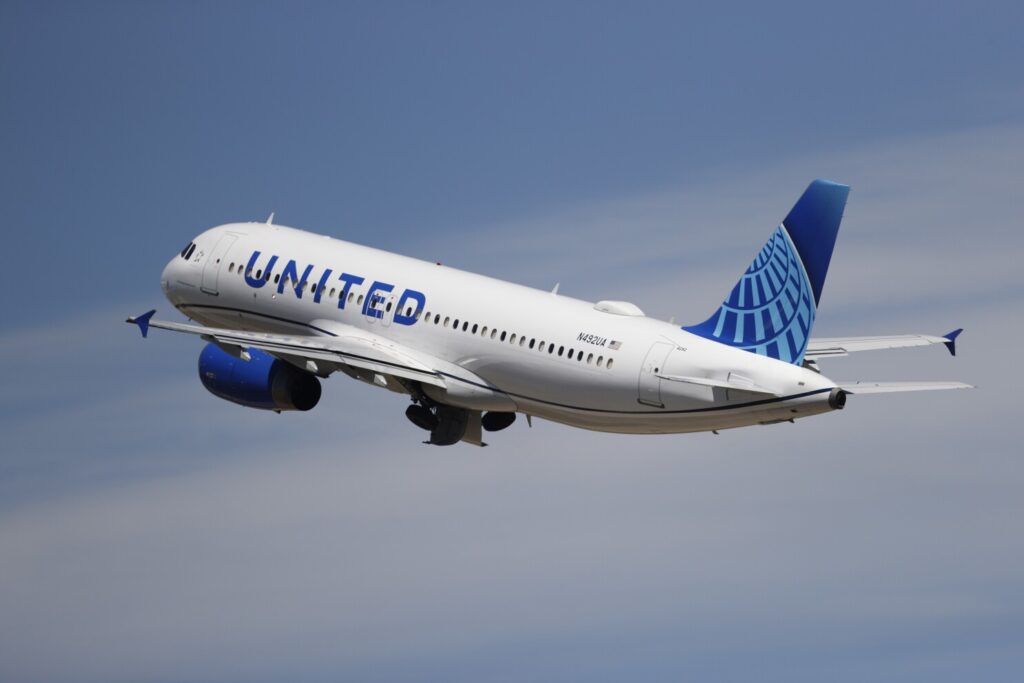
United has positioned itself as an industry leader in sustainability, with ambitious goals to reduce carbon emissions through investments in Sustainable Aviation Fuel (SAF) and new-generation aircraft. The airline also emphasizes technological advancements, from biometric check-ins to real-time flight updates through its mobile app.
United’s MileagePlus loyalty program remains a significant revenue driver, reinforcing customer retention. While the pandemic posed challenges, United aggressively expanded its international operations post-recovery, capitalizing on pent-up travel demand. With a strong financial foundation and continuous operational improvements, United Airlines remains a formidable competitor in the global aviation market.
Delta Air Lines
($42.23 billion market cap)
Delta Air Lines is the largest airline by market capitalization, reflecting its dominant position in the global aviation industry. Headquartered in Atlanta, Georgia, Delta operates an extensive network of domestic and international flights, serving over 275 destinations in more than 50 countries.
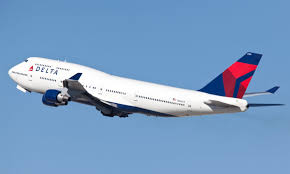
The airline is renowned for its operational reliability, customer service, and premium offerings, including Delta One suites and Sky Club lounges. Delta has consistently invested in fleet modernization, sustainability, and digital innovations, enhancing the passenger experience while improving fuel efficiency.
It is a founding member of the SkyTeam alliance, allowing seamless global connectivity. The airline’s revenue streams are diversified, with a strong focus on corporate travel, cargo, and loyalty programs such as SkyMiles . Delta has leveraged its strategic partnerships, premium offerings, and strong financial management to maintain its industry-leading status.
The bottom line
The aviation industry continues to evolve, shaped by shifting consumer demand, economic fluctuations, and advancements in technology. The airlines listed here represent a diverse range of business models, each catering to unique markets and customer needs.
Whether through premium services, cost efficiency, or strategic expansion, these companies have established themselves as dominant forces in global air travel. As the industry adapts to new challenges, including sustainability initiatives and technological innovations, these airlines are poised to shape the future of aviation.
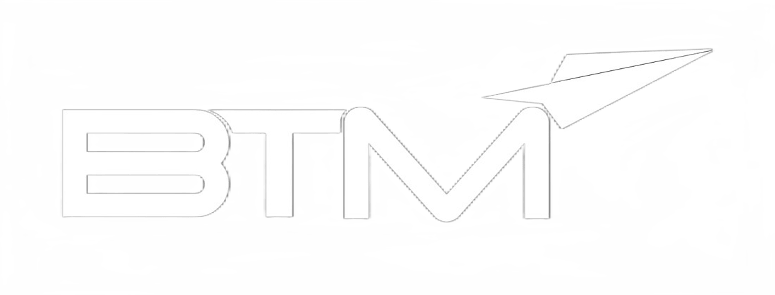
Be Managed By The BEST.
Business Travel Management Limited is the acknowledged expert in the delivery of managed travel solutions, and is totally committed to a value offering for clients.
Address
info@btmlimited.net
45 Oduduwa Way, Ikeja GRA
101233, Lagos, Nigeria
All Right Reserved.


